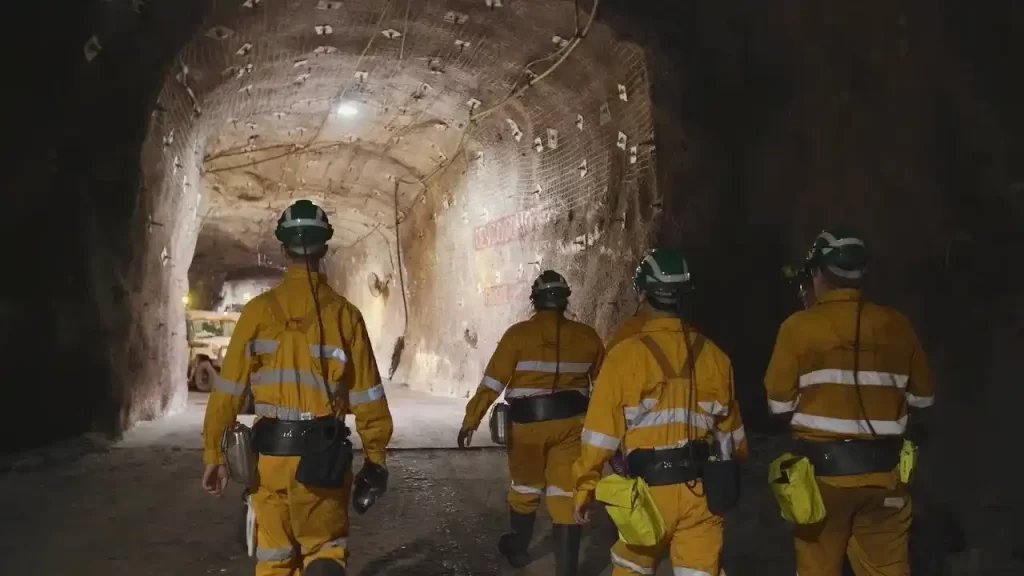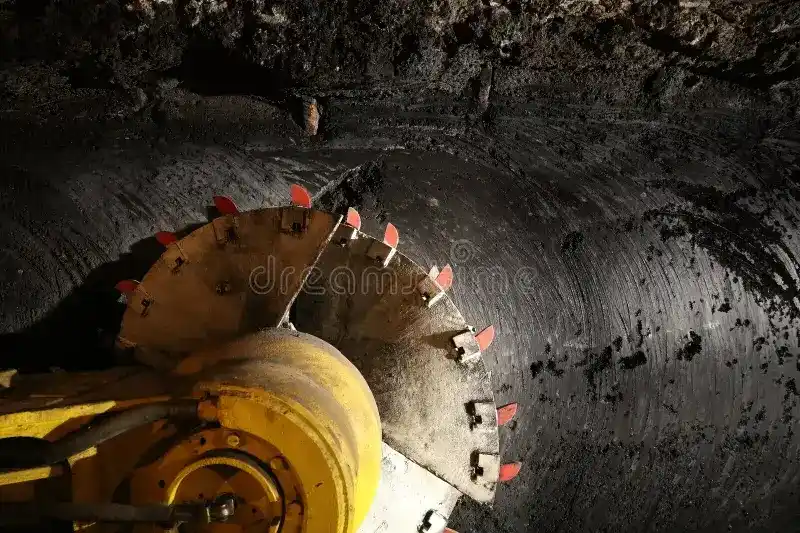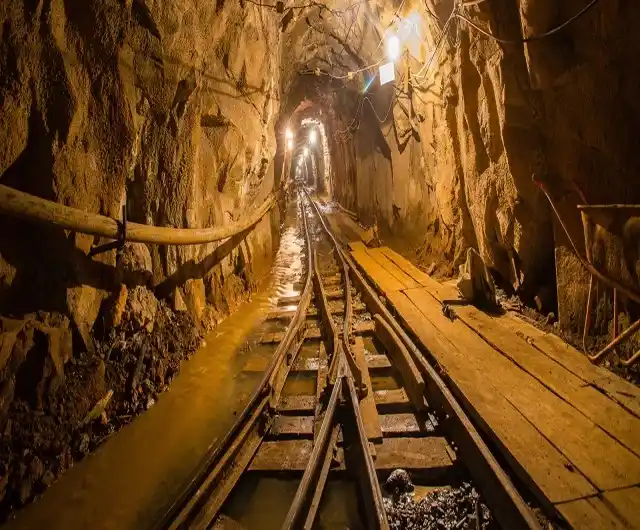Global Underground
Global Underground: Exploring the Depths of Subterranean Operations
Subterranean industries, often referred to as “global underground operations,” are vital to various sectors, including mining, tunneling, and energy exploration. This article delves into the significance of these operations, their applications, and the challenges they face, providing an informative overview of this fascinating domain.

What Is Global Underground?
“Global underground” refers to industries and operations conducted beneath the Earth’s surface. These operations are essential for extracting resources, constructing transportation networks, and developing energy infrastructure. Common global underground activities include:
Mining: Extracting minerals, coal, and metals.
Tunneling: Building underground passageways for roads, railways, and utilities.
Energy Exploration: Accessing geothermal energy, oil, and natural gas reserves.
The Role of Global Underground Operations
Subterranean activities play a crucial role in modern society by:
Supplying Raw Materials: Providing essential resources like coal, iron, and rare earth elements.
Improving Infrastructure: Enabling the construction of tunnels and subways for efficient urban transport.
Supporting Energy Needs: Extracting underground energy sources to meet global demands.

Key Challenges in Global Underground Operations
Despite their importance, these operations face several challenges:
Safety Risks: Subterranean environments are inherently hazardous due to cave-ins, gas leaks, and equipment failures.
Environmental Impact: Operations can lead to land subsidence, habitat disruption, and pollution.
High Costs: Advanced machinery and skilled labor make underground operations expensive.
Incidents and Initial Handling in Underground Operations
Accidents are a significant concern in underground industries. Common incidents include:
Cave-Ins: Sudden collapses due to unstable geological conditions.
Initial Handling: Evacuate workers, stabilize the area, and assess damage.
Gas Leaks: Release of toxic gases like methane or carbon monoxide.
Initial Handling: Activate ventilation systems and use gas detectors to ensure safety.
Equipment Failures: Malfunctions of machinery critical to operations.
Initial Handling: Cease operation immediately, perform inspections, and carry out necessary repairs.
Innovations in Global Underground Operations
Technological advancements are improving the efficiency and safety of subterranean activities. Innovations include:
Automated Machinery: Reducing human involvement in dangerous tasks.
Advanced Monitoring Systems: Using sensors to detect structural instability and gas levels.
Sustainable Practices: Incorporating eco-friendly methods to minimize environmental damage.
The Role of SSC Works in Underground Industries
SSC Works is a trusted partner for maintaining and repairing heavy equipment essential for underground operations. Services include:
Custom Component Manufacturing: Designing and producing durable parts tailored to specific underground equipment needs.
Equipment Repair and Maintenance: Ensuring machinery operates efficiently and safely.
Technical Support: Providing expert assistance for troubleshooting and optimizing equipment.
Conclusion
Global underground operations are the backbone of many essential industries, driving resource extraction, infrastructure development, and energy exploration. While challenges remain, technological advancements and expert services like those offered by SSC Works are paving the way for safer and more efficient subterranean activities. Whether you require repairs or custom components, SSC Works is committed to supporting your underground operation needs.

